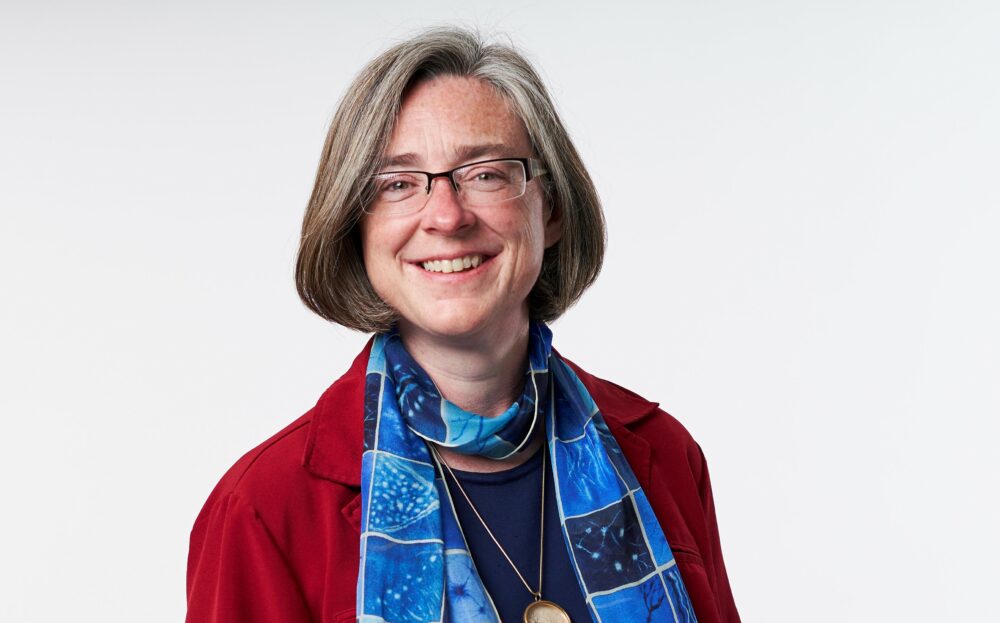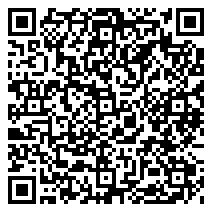
Talk Matters: Investigating the Nature of Non-Content Classroom Language – Instructor Talk – that May Mediate Student Inclusion, Engagement, and Learning
Presented by Dr. Kimberly Tanner from the National Science Foundation and San Francisco State University
Overview
Through the language they use, instructors create classroom environments that have the potential to impact learning by affecting student motivation, resistance, belonging and self-efficacy. However, despite the critical importance of instructor language to the student experience, little research has investigated what instructors are saying in undergraduate classrooms. We systematically investigated instructor language that was not directly related to content and defined this as Instructor Talk and identified five robust categories of Instructor Talk that can characterize 90 per cent of non-content language found in over 60 courses:
1) Building Instructor/Student Relationships
2) Establishing Classroom Culture
3) Explaining Pedagogical Choices
4) Sharing Personal Experience
5) Unmasking Science
The remaining ten per cent of instances of Instructor Talk in these settings were categorized as negatively-phrased or potentially discouraging in nature. Attention to Instructor Talk in undergraduate classrooms may be key for instructors to create inclusive learning environments and promote student learning.
About the speaker
Dr. Kimberly Tanner is a tenured professor of biology at San Francisco State University. Her laboratory – SEPAL: the Science Education Partnership and Assessment Laboratory – investigates what is challenging to learn in biology, how biologists choose to teach, and how to make equity, diversity, and inclusion central in science education efforts. As a Science Faculty with an Education Specialty (SFES), she is engaged in discipline-based education research, directs multiple K-16+ biology education reform efforts, and is deeply engaged in faculty professional development. Trained as a neurobiologist with postdoctoral studies in science education, Dr. Tanner is a proud first-generation college-going student and accustomed to she/her pronouns.

